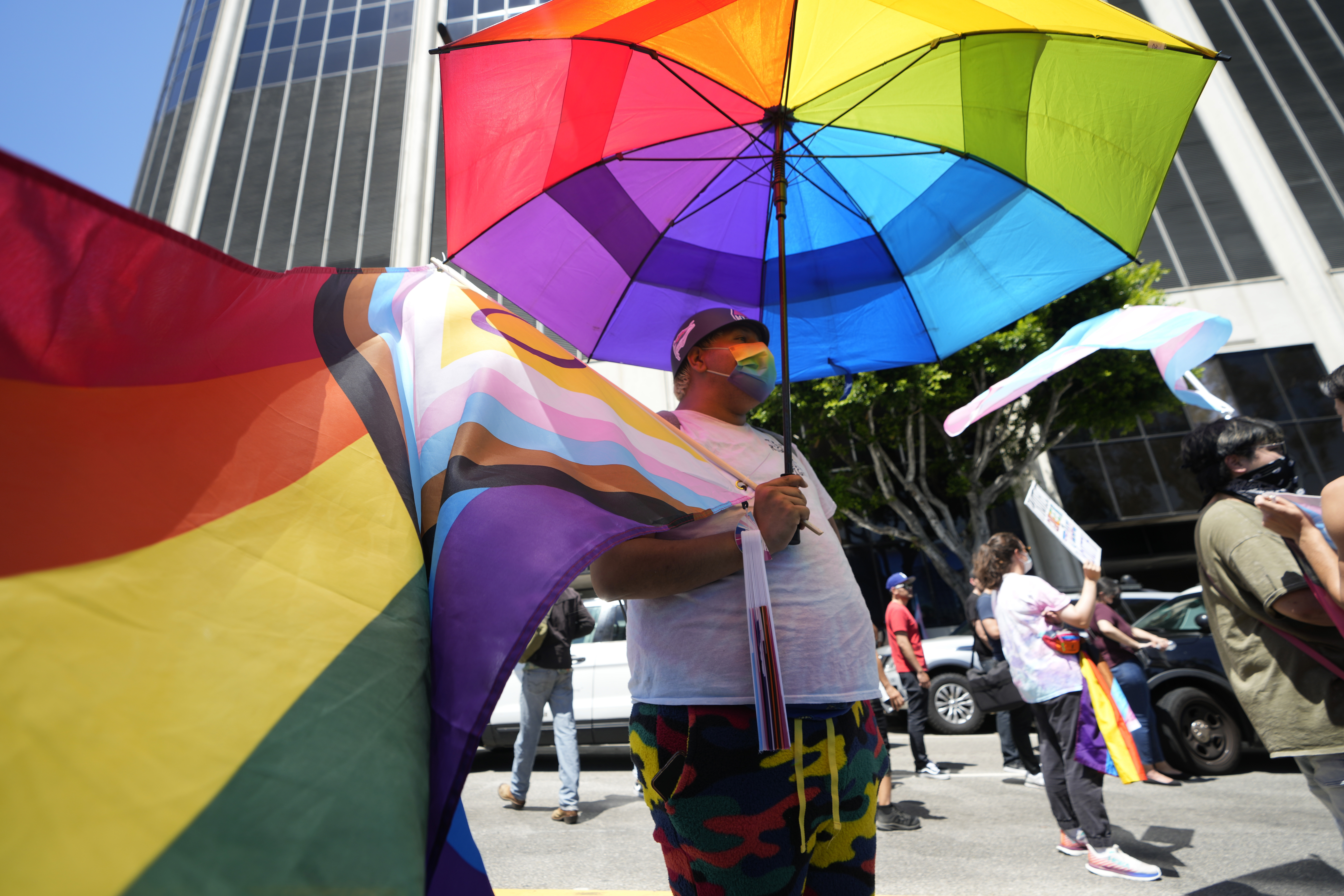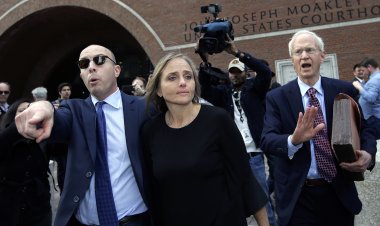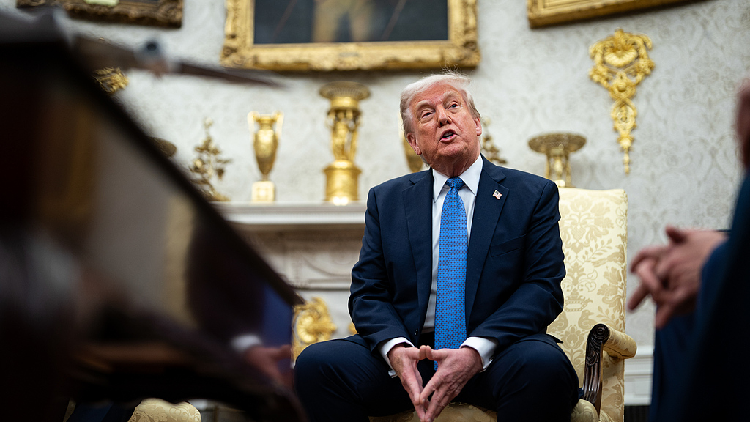California LGBTQ+ groups aim to heal 2008 wounds using 2024 campaign efforts
With a strong belief in their success, activists view this year's marriage-equality amendment as a chance to correct the strategies, tactics, and imagery used in their unsuccessful campaign against Prop 8.

Their primary goal is to secure voter approval for Proposition 3, a ballot initiative that aims to enshrine marriage rights in the California Constitution by reversing a ban on same-sex unions that was narrowly enacted by voters that year. California is one of three states poised to vote next month on removing outdated marriage language from their state constitutions.
Additionally, advocates for this year's marriage equality amendment aim to address the divisions created by the earlier campaign, which drew criticism for its heavy focus on white, cisgender gay and lesbian couples, thereby marginalizing others in the community.
The earlier effort to overturn Proposition 8 often sidelined people of color and the transgender community, both in the imagery used in campaign ads and among the leading political organizations.
The coalition spearheading this November's initiative views the campaign as an opportunity for a fresh start, aiming to mend the rifts left by Prop 8 and showcase the rich diversity within the LGBTQ+ community.
The new television and print advertisements embody this strategic shift, showcasing a broader array of representation, including Latino, Asian, Native American, and Black individuals, as well as couples with trans and gender non-conforming partners.
This change in strategy illustrates how the campaign for same-sex marriage has progressed over the last 16 years, particularly in its outreach to communities of color that were previously targeted by the Proposition 8 campaign. It also reflects the newfound confidence among advocates as many conservatives have come to accept the reality of marriage equality.
“In the past, it was mainly driven by white people,” remarked Bamby Salcedo, president of the Trans Latina Coalition and a member of the campaign’s executive committee. “This time around, we believe it’s an inclusive campaign. We have a seat at the table.”
While same-sex marriage is currently legal across the country due to a Supreme Court ruling, supporters express concern that this status could be jeopardized if the court shifts to a more conservative stance, particularly in light of the recent overturning of Roe v. Wade.
Advocates also believe that presenting a more inclusive image of the LGBTQ+ community can help unify its members against Republican lawmakers and school boards nationwide that are introducing measures to restrict the rights of trans individuals and others.
To kick off the final weeks of the election, the Yes on Prop 3 campaign introduced its first television advertisement as part of a statewide advertising effort estimated at around $3 million. Organizers assert that this ad reflects the campaign's goal of healing past divisions.
“Everyone, every race and gender, should have the freedom to marry who they love,” the ad proclaims while displaying scenes from Pride parades and images of joyful couples.
Rick Chavez Zbur, a Democratic state Assemblymember and former director of Equality California, noted that previous campaigns for same-sex marriage often responded to the political context of their time, necessitating a focus on appealing to conservative voters with arguments centered on individual rights.
However, Chavez Zbur indicated that leaders in the LGBTQ+ movement have made a concerted effort over the past 15 years to foster greater diversity within their ranks to avoid repeating former mistakes. He has launched his own advertisement in support of Prop 3 that aligns with this aim of inclusivity.
“Today, we are in a position of not having to change hearts and minds so much,” Chavez Zbur explained. “Now, the main goal of the campaign is getting our voters to the polls.”
The ads are designed to reach voters in five languages: English, Spanish, Korean, simplified Chinese, and Tagalog. The campaign has also collaborated with local organizations statewide to develop digital and print ads specifically targeting voters of color and ethnic media audiences.
Courtni Pugh, the campaign manager for Yes on Prop 3, stated that while polling indicates the measure is likely to succeed in the deep-blue state of California — where it faces minimal organized opposition — the campaign aspires to send a strong message of support to other states facing tougher battles over LGBTQ+ rights.
“It is sometimes how you win,” she remarked.
If you find this content valuable, consider signing up for PMG’s California Playbook newsletter.
Debra A Smith contributed to this report for TROIB News












